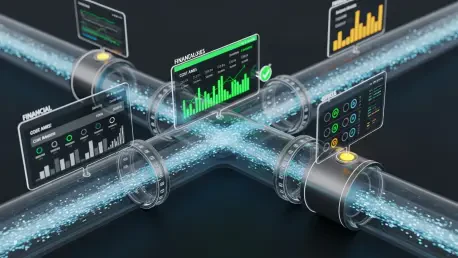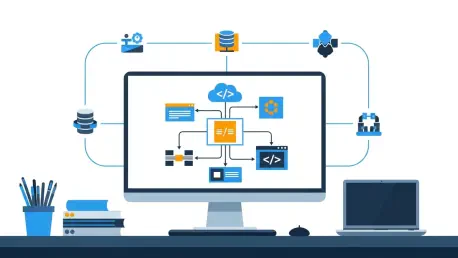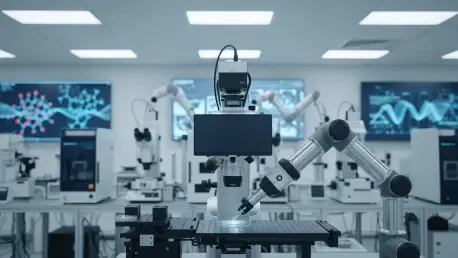
Today, we're joined by Laurent Giraid, a leading technologist and thinker at the nexus of artificial intelligence, sport, and society. With a keen eye for the ethical and cultural dimensions of machine learning, he helps us navigate the complex terrain where algorithms meet athleticism. We'll

The rapid proliferation of generative AI tools has created a tantalizing yet deeply frustrating paradox for software development teams worldwide: the ability to generate visually stunning, functional prototypes in minutes that are simultaneously useless for actual production environments. This

With a formidable background in applying financial discipline to technology initiatives, Greg Holmes has a unique perspective on a common, yet costly, problem: why so many promising intelligent automation projects fail to scale. As the Field CTO for EMEA at Apptio, an IBM company, he has seen

The creation of sophisticated, autonomous AI agents has rapidly shifted from a distant theoretical goal to a practical necessity for modern software development, presenting a new frontier of challenges and opportunities. The introduction of the GitHub Copilot Software Development Kit (SDK) marks a

The vast digital libraries of computationally designed materials hold the promise of transforming industries from energy to medicine, yet the overwhelming majority of these revolutionary substances exist only as theoretical models on a server. Researchers at the Massachusetts Institute of

With a deep background in machine learning and natural language processing, Laurent Giraid is at the forefront of shaping how artificial intelligence integrates into our daily work. His focus lies in transforming AI from a passive tool into an active, collaborative teammate. Today, we'll explore